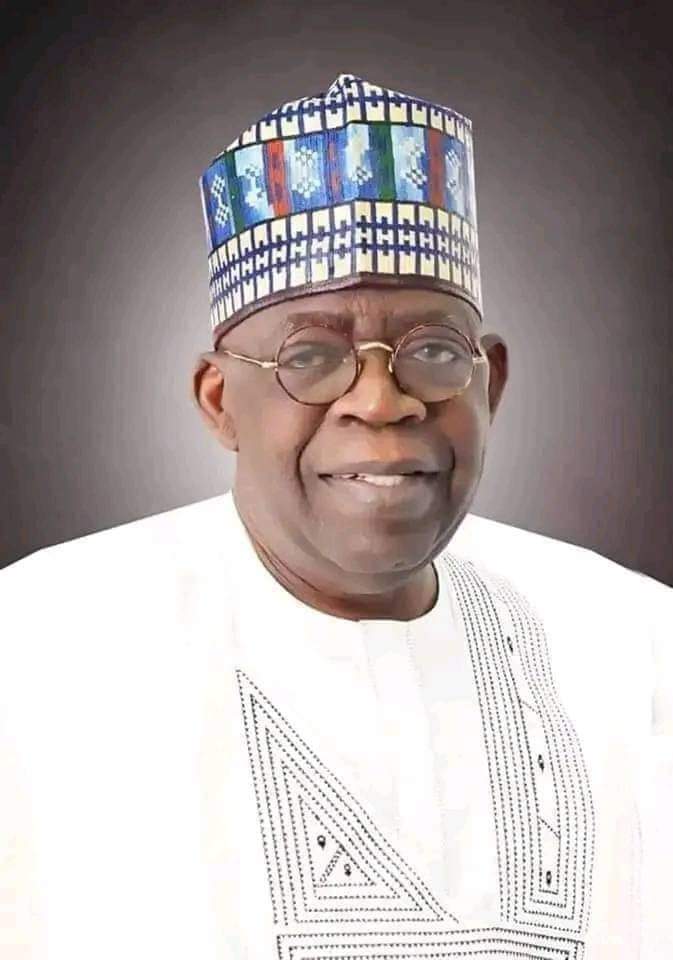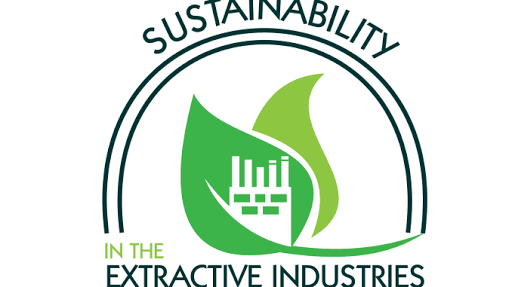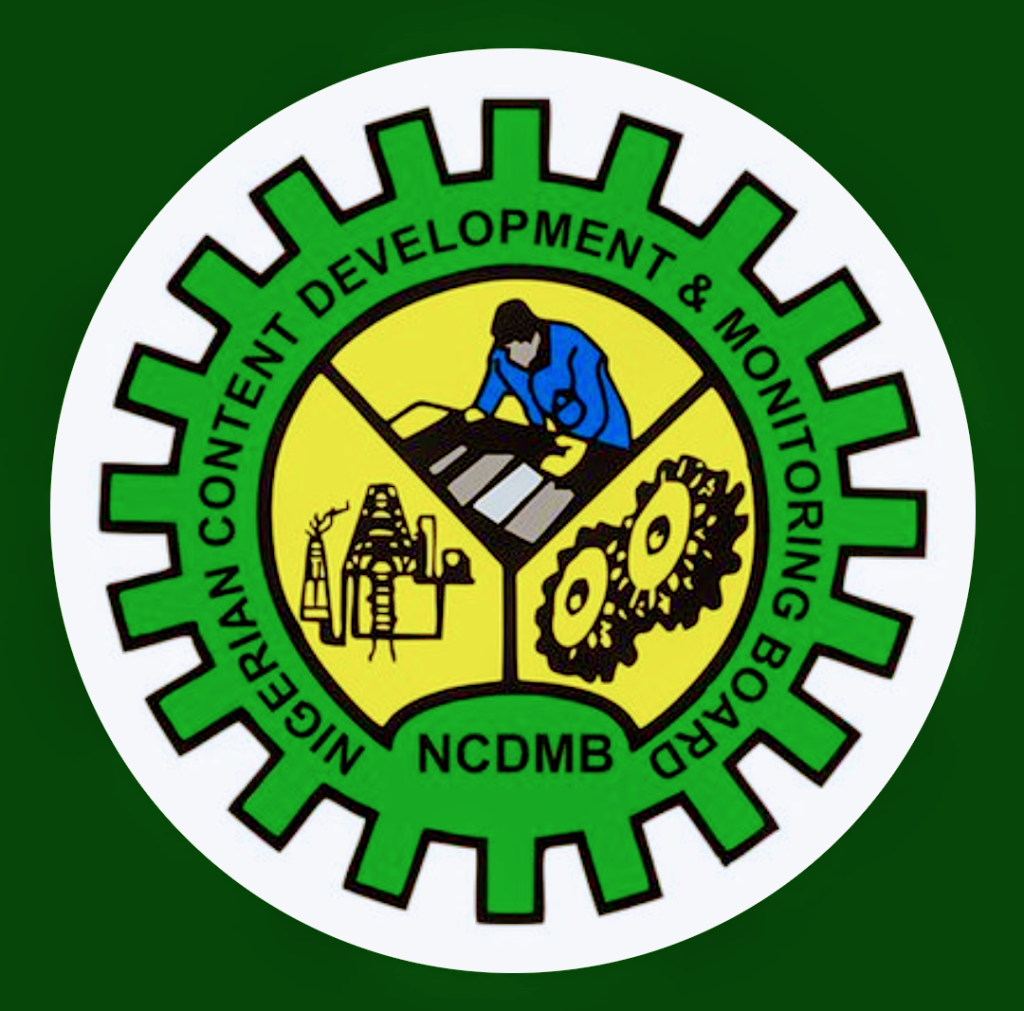An NGO, The Sustainability In The Extractive Industries (SITEI), has blamed conflicts on decline in production, unrest and other health related issues that led to devastation of many families.
Mrs Bekeme Masade, the convener of SITEI, made this known at news conference in Lagos.
“SITEI’s inititiative is primarily focused on physical justice for the community because we have an abundance of resources that is not being utilised as well as it should be.
“One of our strategies in achieving this is to start a community engagement framework for the standardisation of community engagement and CSI in the extractive industries.
“The ministries have been involved in other to achieve the objective for this year which is to find a solution to local conflicts and insecurities to Nigeria’s extractive industries.
“We would also want to identify the best practice solutions to managing conflicts in the sector and to inspire government to develop and implement strong legal and regulatory frameworks for conflicts.
“The role of SITEI is to embed sustainability in the extractive industries.
“As we are all aware, the extractive industries are accountable for at least 70 per cent of our annual revenue.
“We believe that embedding sustainability in this critical structure is tantamount to embedding sustainability in the nation,” she said.
Masade said that this year’s theme scheduled for May 21 to May 22 in Abuja will be about Managing Conflict and Security in the Extractive Industries.
Also, Mr Meka Olowola, Chairperson, Organising Committee, SITEI said that there was a lot of misunderstanding on how to properly harness the potential of the extractive sector.
“Experts put the losses at close to $50 billion. “Losses due to the lack of contribution to the Gross Domestic Product (GDP) of the country.
“If we are able to resolve conflict as it affects production, as it affects the ability to bring in foreign investments, we will be doing Nigeria a lot of good.
“We are looking forward to having a dialogue with the Minister of State for Petroleum Resources, Mr Ibe Kachikwu who has agreed to do that special round-table discussion for us.
“This will form a special feature of SITEI to have a better and deeper dialogue with government.
“The primary displacement that we wish to see happen is the gulf that exist between the private sector and government as regulator.
“If we start to bridge that gap it will be a harbinger of very great things to come,” he said.
Mr Ladi Bada, Managing Director, Shoreline Natural Resources Ltd said that violence was the biggest problem of the extractive industry in Africa.
“Many of the countries in Africa where there has been war and crises can be traced to significant activities in the extractive industry.
“In Nigeria the many problems associated with the Niger-Delta Area’s militancy and community unrest can be linked to the extractive industries.
“Even in Liberia and Sierra-Leone, many of the crises there can be attributed to Diamond mining even though there is instability in government.
“Sustainability goes beyond just being environmental but people friendly too. It means that you must at peace with the people and host community where you are conducting your extraction from.
“If you want to be at peace with your environment, you have to look at things that have to with reducing flare, oil spillages and any activity that worsens the environment,“ he said.













